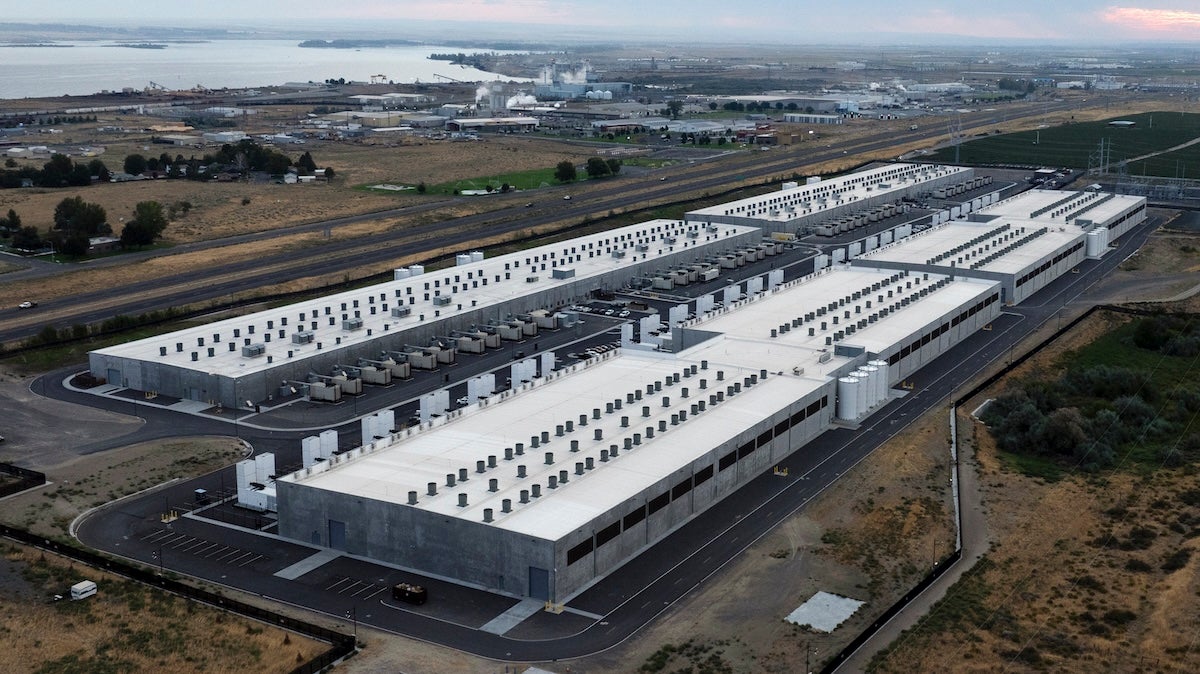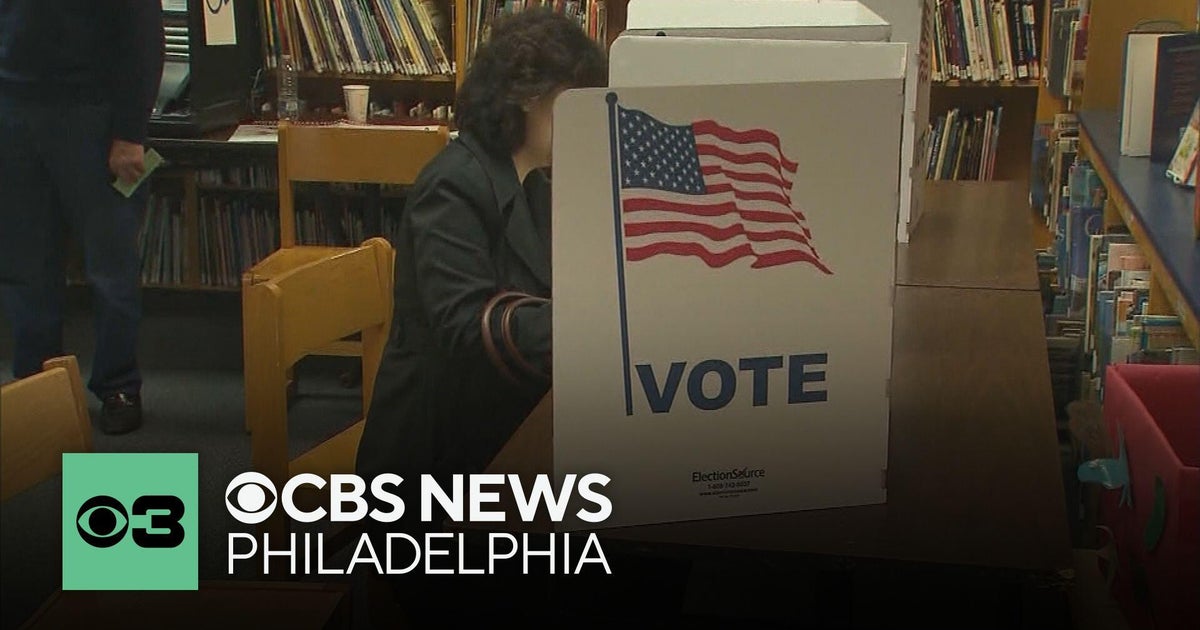A bill to legalize marijuana for adults has been introduced in the Pennsylvania legislature. Despite past partisan tension on marijuana laws, the proposed bill is generating bipartisan support.
The bill’s prime sponsor, Sen. Dan Laughlin, R-Erie, expressed a common stance of Republicans—that legislation will bring jobs.
“We have a duty to Pennsylvania taxpayers to legalize adult-use marijuana to avoid losing out on hundreds of millions of dollars of new tax revenue and thousands of new jobs,” Laughlin said in a press release.
Democrat Sharif Street, one of the legislators to introduce the bill, stressed the potential for criminal justice reform.
“We have a unique and singular opportunity to correct decades of mass incarceration, disproportionate enforcement against marginalized communities, the criminalization of personal choice and the perpetuation of violence, which all materialized from the failed war on drugs,” Street said. “Legalizing the adult use of cannabis will help us fully and equitably fund education, lower property taxes, and address a variety of community needs throughout Pennsylvania.”
Bill changes
The bill, Senate Bill 846, would make marijuana legal for purchase and consumption by anyone 21 years of age or older. In addition to the age minimum, marketing marijuana to youth would be banned under the legislation.
The bill would allow for workplaces to adopt and enforce zero-tolerance policies on consumption while at work.
In terms of legal prosecution of marijuana sales, the bill would expand expungement policies. Medical marijuana patients with a non-violent marijuana convictions would be eligible for expungement.
If passed, the bill would provide legal grounds for at-home growing operations, in a limited quantity.








































